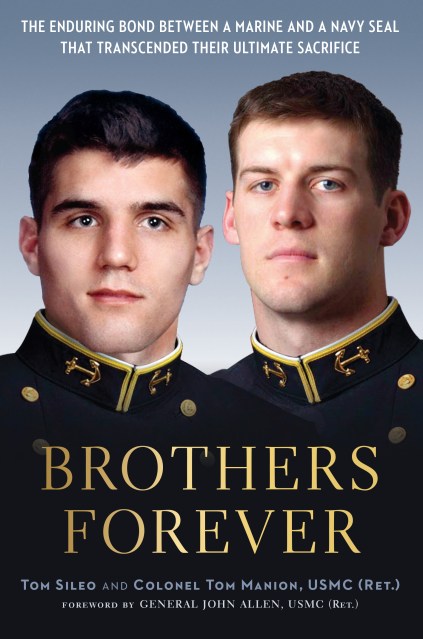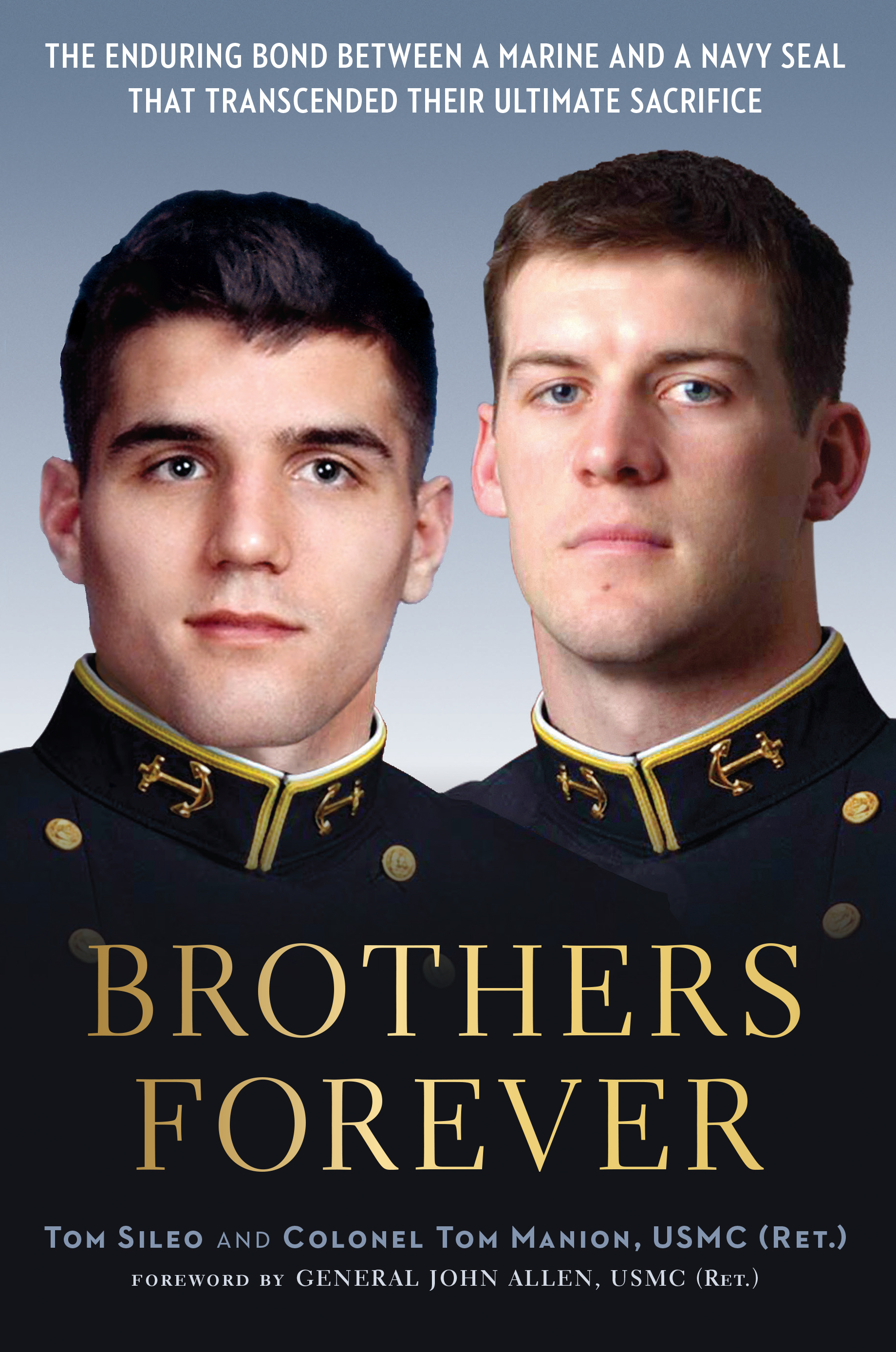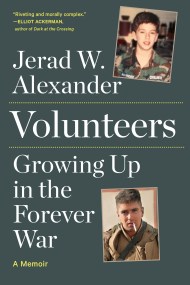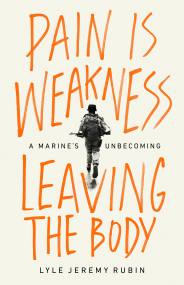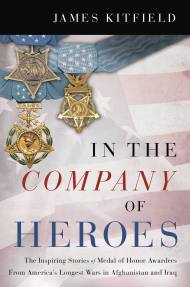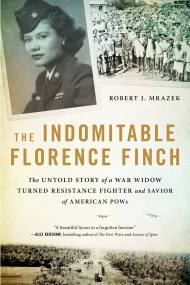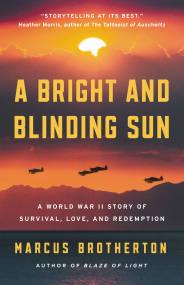Promotion
Use code MOM24 for 20% off site wide + free shipping over $45
Brothers Forever
The Enduring Bond between a Marine and a Navy SEAL that Transcended Their Ultimate Sacrifice
Contributors
By Tom Sileo
By Tom Manion
Formats and Prices
Price
$10.99Price
$13.99 CADFormat
Format:
- ebook $10.99 $13.99 CAD
- Trade Paperback $18.99 $23.99 CAD
This item is a preorder. Your payment method will be charged immediately, and the product is expected to ship on or around May 13, 2014. This date is subject to change due to shipping delays beyond our control.
Also available from:
Four weeks after Navy SEALs had killed Osama bin Laden, the President of the United States stood in Arlington National Cemetery. In his Memorial Day address, he extolled the courage and sacrifice of the two young men buried side by side in the graves before him: Travis Manion, a fallen US Marine, and Brendan Looney, a fallen US Navy SEAL. Although they were killed three years apart, one in Iraq and one in Afghanistan, these two best friends and former roommates were now buried together–“brothers forever.”
Award-winning journalist Tom Sileo and Travis’s father, former Marine colonel Tom Manion, come together to tell thisd intimate story, from Travis’s incredible heroism on the streets of Fallujah to Brendan’s anguished Navy SEAL training in the wake of his friend’s death and his own heroism in the mountains of Afghanistan. Brothers Forever is a remarkable story of friendship, family, and war.
Genre:
-
"[A] heartfelt and loving tribute...The school years, service and sacrifice of two young men instill awe, inspire humility and introduce tears."Military Times
-
"This moving story is told well...and it succeeds as a testament to the courage and dedication of two young men who are now buried next to each other at Arlington National Cemetery."Publishers Weekly
-
"Inspirational...Readers will undoubtedly respect the dedication of the book's subjects...Enthusiasts of military heroics should enjoy this grueling account of valor."Kirkus Reviews
-
"This is a tale of two lives, and more than tow lives. It is a heart-touching story."Roanoke Times
-
"I particularly recommended the just published book, Brothers Forever. It's an account of the friendship of U.S. Marine 1st Lieutenant Travis Manion, killed in action in April 1007 in Fallujah, Iraq, and U.S. Navy LT (SEAL) Brendan Looney, killed in action in September 2010, in Zabul province, Afghanistan...A gripping account of friendship, war, sacrifice, and valor."The Weekly Standard
-
"Will grip readers---even after they've finished the book...A fitting tribute to the lives of these two fallen warrior brothers. They were among America's best. This well-written, well conceived book will hit you hard in the gut."Leatherneck
-
"Travis Manion and Brendan Looney accepted the call to defend their country. They rest beside each other now at Arlington Cemetery. Their story is worth your time."Richmond Examiner
-
"A profoundly moving story--of two valiant and courageous young men who gave their lives for their country."Wsahington Independent Review of Books
-
"A tragic, yet somehow also uplifting story of two young men, two warriors, who lost their live son the battlefields of Iraq and Afghanistan and now lie together forever at Arlington National Cemetery."Philadelphia Inquirer
-
"Brothers Forever is a horrific yet gripping and engaging story of two American soldiers--two heroes--whose courage on the battlefield was astonishing...This memorable account truly and finely honors the bravery of the late servicemen."San Francisco Book Review
-
"A story about duty, honor, friendship, family and above all trying to do the best you can to help. For some that may very well lie in places far outside the military life, but they can still employ the lesson s from Looney and Manion."BlogCritics
- On Sale
- May 13, 2014
- Page Count
- 312 pages
- Publisher
- Da Capo Press
- ISBN-13
- 9780306822384
Newsletter Signup
By clicking ‘Sign Up,’ I acknowledge that I have read and agree to Hachette Book Group’s Privacy Policy and Terms of Use
